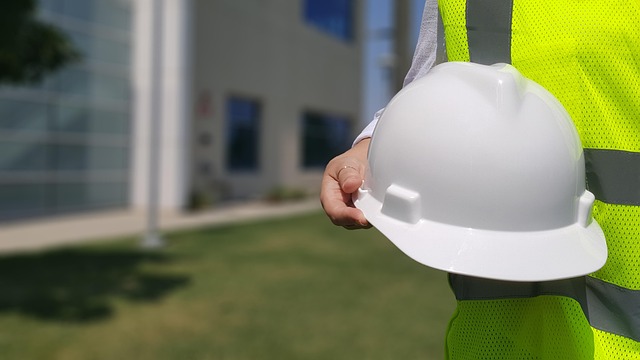Have you ever dreamt of adding that extra room or refurbishing the basement? Before you start swinging that hammer, there’s one thing you shouldn’t overlook: obtaining a building permit. It might seem like just another piece of paperwork, but trust us, it’s a vital step in your construction journey. Let’s delve into why this document is so crucial.
Ensuring Safety
Building permits play a pivotal role in maintaining safety standards during construction. First and foremost, the experts working at KP Building Approvals can explain how this process ensures that your project plans adhere to local building codes, designed to hold safety and structural integrity. It includes a thorough review of your plans by trained professionals who look for potential risks, such as inadequate structural design, electrical or plumbing hazards, or non-compliance with fire safety measures.
Furthermore, periodic inspections during construction ensure that work aligns with approved plans and complies with code requirements. Thus, the permit process minimizes deviations that can lead to unsafe conditions, structural failures, or hazardous living conditions. It’s not just about ticking off a bureaucratic box; it’s about ensuring the safety and well-being of everyone who will use the building. So don’t rush to start your project — ensure you have a valid building permit first.
Legal Accountability
Building permits also provide a layer of legal accountability, ensuring that your construction project is fully compliant with local building regulations. But it’s not just about compliance – it’s also about protection. If a dispute arises in the future regarding the quality of work, a building permit serves as legal proof that the project met all required standards at the time of construction.
Moreover, it shields homeowners from potential liabilities, such as fines or legal hurdles when selling the property. Think of it as a safeguard, providing a sense of security and peace of mind. Therefore, bypassing the permit process can potentially lead to serious legal implications down the road. So remember, by securing a building permit, you’re not just following the law, you’re protecting your investment and yourself.
Compliance with Zoning Regulations
There are tons of different zoning laws and regulations you need to have in mind during any kind of building project, big or small. These are the following:
- Land use classification
- Density and intensity
- Setbacks
- Height restrictions
- Lot coverage
- Parking requirements
- Landscaping and open space
- Signage regulations
- Home occupation regulations
- Historic preservation and conservation areas
- Environmental regulations
- Accessory structure and uses
- Special use or conditional use permits
- Fence regulations
- Noise and nuisance regulations
Building permits ensure compliance with zoning regulations by requiring approval from local authorities. This process verifies that the proposed construction or renovation aligns with rules around land use, density, setbacks, height restrictions, etc. Thus, it promotes orderly community development and safeguards the local environment.

Quality Assurance
Permits certify that the designs, materials, and workmanship meet the stipulated standards, thereby ensuring the durability and safety of the end product. This process involves a series of inspections at various stages of construction, where inspectors assess everything from the foundation to the final finishes.
They confirm that the work is carried out as per the approved plans, using the right materials and techniques, thus avoiding structural failures and safety hazards. Ultimately, a building permit verifies that your project is built to last, providing you with reliable, quality construction.
Protecting Property Value
A building permit signifies that your construction or renovation project meets all local codes and regulations, which is a strong selling point when it’s time to put your property on the market. Prospective buyers take comfort in knowing that permitted work was done with adherence to safety and quality standards.
Without a permit, you may encounter difficulties when selling or insuring your property, as the unpermitted work is a risk factor. Thus, building permits not only protect the safety of residents but also serve to uphold and increase the value of the property, thereby securing a better return on your investment.
Facilitating Resale and Financing
When it comes to resale, properties with verifiable permits assure potential buyers that all construction complies with local building codes and regulations. This can significantly increase buyer confidence and, consequently, the market value of the property. As for financing, many lenders require proof of permits for construction loans.
This verifies that the project follows local regulations, reducing the risk of code violations that might impact the property’s value. Hence, obtaining building permits is not just a procedural step, but a strategic move that adds value to your property and facilitates financing.
So, there you have it. Now you know why securing a building permit isn’t just a bureaucratic step, but a vital part of your construction journey. It ensures safety, quality, compliance with zoning laws, and legal accountability. More importantly, it’s a strategic move to protect your investment, uphold your property’s value, and facilitate its financing and resale. So before you break ground on your next project, make sure you’ve got that building permit.

